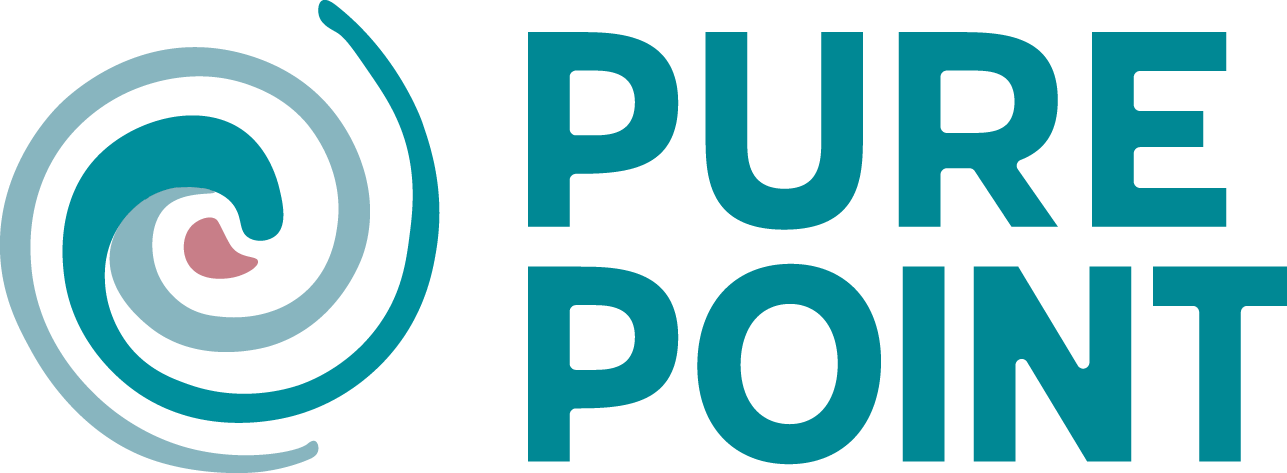Aug/Sept: National Public Data Breach – What Should I Do?
We received a few questions we will answer over the next few weeks here on the blog and social media. Please be sure to check out both areas to stay informed on the latest updates.
It can feel scary when there are headlines all over that our personally identifiable information (PII) has been breached like with the recent National Public Data breach. If you have been following Jessica, and PurePoint International, for a while, then you are already looped in on, and most likely executing:
- Good password hygiene practices – The character limit may vary, but 15 is a good start. The longer the password, the longer you can maintain it before changing it again (for example, changing every 9 months, vs every 6 months). Make the password alphanumeric (upper-case and lower-case letters, numbers, and symbols), and you are golden! That does not mean it could never be compromised, but the opportunity and possibility decreased significantly.
- Multi-factor authentication (MFA) – This is great for checking on all accounts that you use which for many people can easily be 150-200. This includes social media, healthcare/doctor offfices, workplace accounts, or anything we use related to shopping, or fitness and wellness. Validating, or re-validating, MFA on these accounts is a great thing to do.
- Mindful of phishing attempts – You are a pro now. You have received the email from “your bank” that you have been able to identify it as fake. You have identified fake texts and survived the fake IRS calls (yeah, remember that). You have learned about ransomware and what to do to protect against that. You are known as the “backup Queen.” We hear you.
Yes, we hear YOU! This is the challenge that will not stop. No matter how much we have done there is still something to do. Protecting all of our assets is a lifestyle change. It requires a different way of looking and responding to scenarios in our lives. In fact, it requires a proactive approach because risks and threats change. To continue to face the ever-changing evolution of threats, the way we view them has to change as well.
Continue to follow us for new and updated tips in the coming months. In the meantime, if you have been impacted by this recent breach below are some reminders to keep in mind:
1. Verify the breach - Confirm if your data was involved in the breach by checking notifications from the affected organization or using online tools that track data breaches.
2. Monitor financial accounts - Regularly check your bank statements, credit card statements, and any other financial accounts for unusual activity. Set up alerts for transactions above a certain threshold to catch unauthorized activity quickly.
3. Check your credit report - Obtain a free credit report from each of the three major credit bureaus (Experian, TransUnion, and Equifax) to look for any suspicious activity. Consider placing a credit freeze or fraud alert on your credit file to prevent new accounts from being opened in your name.
4. Review and update security questions - If security questions and answers were compromised, update them where possible. Avoid using easily guessable information for answers.
5. Use identity theft protection services - Consider enrolling in identity theft protection or credit monitoring services, which can help detect and respond to suspicious activities.
6. Stay informed - Follow updates from the organization that experienced the breach to get the latest information on what data was compromised and what steps they are taking to mitigate the damage. Check government or cybersecurity websites for additional guidance on handling data breaches.
7. File a complaint if necessary - If you believe your identity has been stolen or you're facing financial loss, file a complaint with the Federal Trade Commission (FTC) or your country’s equivalent, and report the issue to local law enforcement.
By taking these steps, you can help protect your personal information and minimize the impact of a data breach. If you have more questions, please let us know at info@the-purepoint.com.
